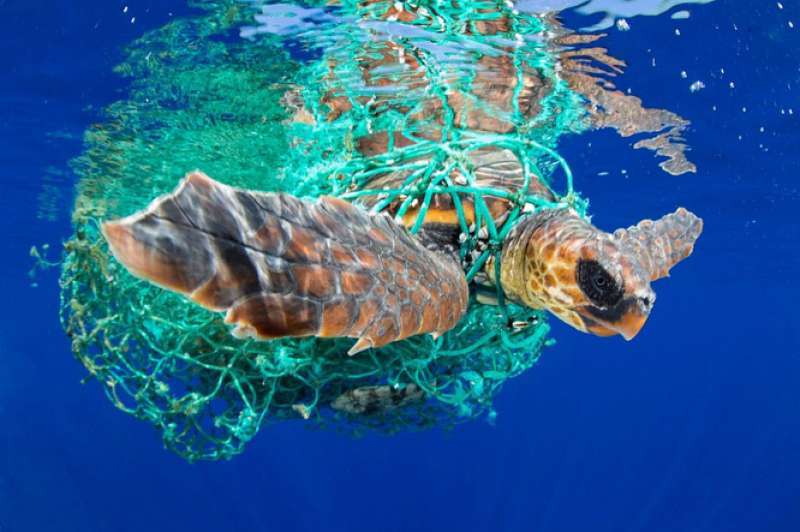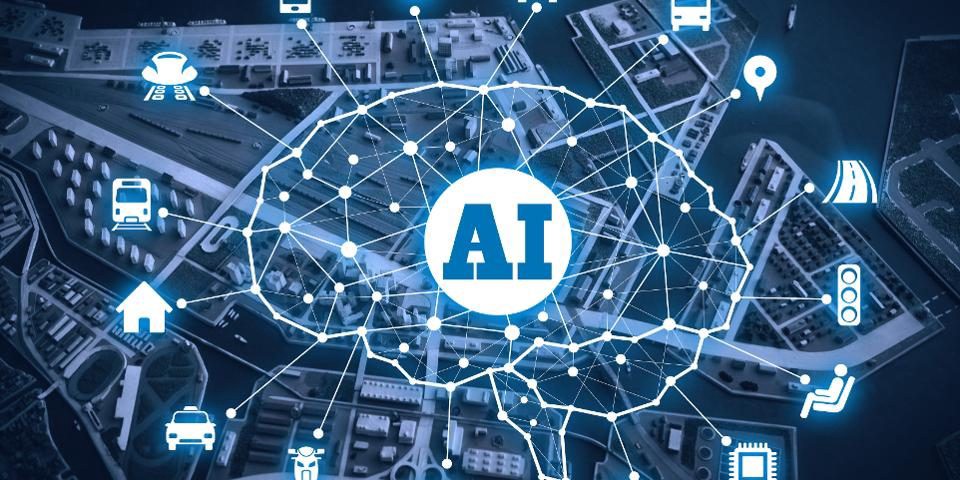The technological industry aims to make life more comfortable for us, but for that, it needs certain stimuli demanded by society. That is why we bring you a selection of questions for which you will have to bet for the coming years.Technology is one more tool available to human beings to improve their lives. In this order of things, society and life on the planet entail a series of problems and concerns that technology must address by positioning itself as an accurate and advanced tool for the world population.
We bring you, under this elementary premise, the 10 challenges to which you will have to aspire any technological product for the nearest future :
1.Store carbon dioxide
Climate change is a fact confirmed by the scientific community. Therefore, the scientists in charge of studying it thoroughly are trying, by all means, to slow down the process of global warming .
One of the most pressing issues is “sucking” carbon dioxide out of the atmosphere. What remains to be seen is the method that would be used, as well as where such an amount of CO2 could be stored .
2. Energy storage

Renewable energies happen to be the most immediate future to end fossil fuels. But how to store on a global scale the energy it generates? This fact, which has already been established as a very expensive issue due to the amount of battery it would need, is being studied very carefully.
In fact, several groups of global scientists are investigating large network stores to store such an amount of energy.
3. A universal flu vaccine
Although it may seem an isolated event, the flu remains one of the diseases that most deaths leave throughout the year. Encouraging an investigation in order to find a biological solution to this disease would be the first step for society to increase its quality of life thanks to technology, and with it, the progress of medicine within the scope of epidemics.
Biological Solution from Assignment writers
The accumulation of plastic is one of the most serious pollution problems for the environment today. The amount of waste of this material that accumulates in landfills and in the oceans is enormous, so much so that floating waste islands with this waste are already being formed.
Fortunately, advances in biotechnology offer us the possibility of using plastic in a more sustainable way, thanks to more efficient recycling and manufacturing processes that reduce the harmful effects it leaves on the planet.
Most of the plastic containers that we use in our day-to-day life, such as bottles, containers or bags, are composed of ** polyethylene terephthalate (PET) *. This material is characterized by its great resistance and durability, which means that once used, it is very difficult to degrade, being able to remain as a residue in nature for a period of up to 400 years.
Bacteria, the solution to the problem?
To answer this problem, a group of researchers has published a study in which they characterize the structure and functioning of bacteria capable of breaking down plastic. The origin of these investigations dates back to 2016 when a team of Japanese scientists discovered Ideonella sakaiensis , an existing bacterium in landfills that uses PET waste as an energy fuel.
Apparently, these bacteria would have evolved adapting to the pollution of their environment, developing the ability to consume PET as a source of food. To do this, they secrete a specific enzyme called Picasa, which is capable of breaking the robust chemical bonds of plastics, transforming them into small molecules that the bacteria absorb thanks to their high carbon content.
These microorganisms can degrade the plastic in just a few days. In the same way, there are animal species such as the worm of the wax and the worm of the flour able to decompose the plastic in a matter of hours thanks to the existing bacteria in its intestine.
In turn, certain mushrooms can also be used as a natural tool for the treatment of plastic. For example, the variant Aspergillus tubingensis, which has the ability to break down its waste in several weeks, has been discovered in Pakistan.
Material alternatives
Another technological possibility is the manufacture of biodegradable plastics from organic raw materials from renewable sources, such as fungi, soybean oil, bananas, pulses, cellulose or potato starch.
Unlike products made from petroleum products, biodegradable plastics decompose faster, which can be consumed by other organisms or used as fertilizer.
On the other hand, the plastic used can also be recycled through processes of polymerization chemicals to be reused. Thus, from the used bottles it is possible to manufacture products such as clothes, toys or new containers.
Every year 500,000 million plastic bottles are produced in the world. Hence the importance of finding new sustainable methods of manufacturing, treatment, and recycling.
If we want a better world, we must continue researching to stop the contamination of our natural ecosystems. The development of biotechnology will be key to this.
4. Treatment of Alzheimer’s
Alzheimer’s is one of the most studied diseases, and despite everything, it is one of the least known . Even, many times, it is taken as a dementia more. Therefore, a research injection in the field of diseases that affect the human brain would be welcome for future generations who have to face it.
5. Cleaning the ocean

The ocean world is being invaded by plastic , it is a fact. Hence, the cleanliness of the ocean is one of the most important measures when establishing a new anti-contamination calendar. Due mainly to the huge amount of plastics that are floating around the Pacific right now; which, according to experts, is the same size as France .
6. Desalination of seawater
Fresh water makes up a very low percentage of the total water in the world. This, together with possible droughts due to climate change, makes the action of desalinating seawater to make it potable a key issue .
In countries such as Israel, the desalination infrastructure is highly developed, but it is very expensive, so it is important to try to adjust the cost to the social dimension of the application for the world.
7. Safety in cars without a driver

Although it is not yet common to see autonomous cars circulating on the roads, there are already many initiatives that are being taken to incorporate them ordinarily. Therefore, it would result in an almost total reduction in deaths on the road , a scourge of industrialized societies.
But it will take time, mainly due to the circulatory chaos of the big cities that often contravene the mechanized routes for which they are willing thanks to technology.
8. Built-in artificial intelligence

Recently, Boston Dynamics has designed barrel-shaped robots, but in their demonstration it was seen that they possessed a mechanical intelligence, not an organic one .
Therefore, and serving these example robots, the application of artificial intelligence to autonomous robots could be a new step forward for the robotic industry .
9. Prediction of earthquakes
Although at present we have been without a relatively large natural catastrophe for a few years (awaiting official figures on the floods in Mozambique), the issue of earthquakes is important because it can cause severe tidal waves. Therefore, predicting them will be one of the most important technological bets of the 21st century .
10. Know the brain in depth
In line with Alzheimer’s research, the fact of knowing in depth the human brain capacities can suppose an improvement in the search of making progress the intellectual levels of the people. In addition to promoting the study on mental illness.
About Author:
Eddie is Journalist and audiovisual communicator at college essay writing service. Passionate about writing.








